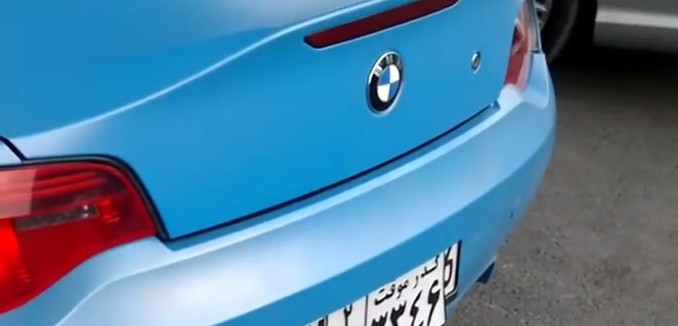A scandal has erupted in Iran surrounding the dramatic misuse of funds intended for medical budgets, undercutting one of the most widely held arguments for lifting international sanctions. It emerges that the widely reported shortage in medical supplies in the Islamic Republic was the result not of sanctions — but of old-fashioned corruption.
According to reports, a commission of the Iranian parliament, or Majlis, submitted a complaint about the “luxury cars import” scandal to the country’s judiciary for further investigation. The scandal involving “dozens” of government officials involves the importation of some 800 luxury cars at favorable exchange rates, while Iran was unable to import medicine. According to the regime affiliated news site, Iran Daily, a senior legislator, Mostafa Afzalifard, is calling for those involved to be punished.
Reports of the diverted funds first emerged in December, 2012 when the then health minister went public with the allegations. As Emanuele Ottolenghi and Saeed Ghasseminejad wrote this past October:
For example, former Iranian minister of health, Marzieh Vahid Dastjerdi noted that government mismanagement of medicinal imports was a reason for the problem. She alleged that U.S. $2.4B in funds earmarked for the import of medicine had never been made available to her ministry; it went instead toward the subsidized import of luxury cars. Western journalists ignored these allegations, even as she was summarily sacked for her candor, choosing to write copy that tended to lend credence to Tehran’s demands for sanctions relief.
Dastjerdi was not the only official calling foul. Other senior Iranian officials conceded that the health crisis was self-imposed. In an interview with the Revolutionary Guard-controlled news agency Fars News, Iran’s new minister of health, Seyed Hassan Ghazizadeh Hashemi recently stated, “the medicine problem is caused by ourselves, it is not related to sanctions at all.” He also alluded to the misapplication by the Ahmadinejad regime of $20 billion in budgeted healthcare funds toward an ambitious housing project.
For her troubles, Dastjerdi was sacked.
The luxury car scandal raises the question as to who in Iran benefits most from sanctions relief – ordinary Iranians or the Iranian government. It’s a question that is reinforced by a Reuters investigation last year, Assets of the Ayatollah. The investigation concluded that through his control of the Setad organization, Supreme Leader Ayatollah Ali Khamenei controlled assets worth some $95 billion. 34 of the companies controlled by Setad are sanctioned, suggesting that Khamenei may be Iranian who benefits most from sanctions relief.
The misuse of funds by Iran’s government is an issue that the pro-Iran lobby has been anxious to hide.
(For an extended look at the lengths Iran goes to in evading sanctions, see “Iran is *Really* Good at Evading Sanctions” in The Tower Magazine’s September 2013 issue.)
[Photo: sherwin1111 / YouTube ]




